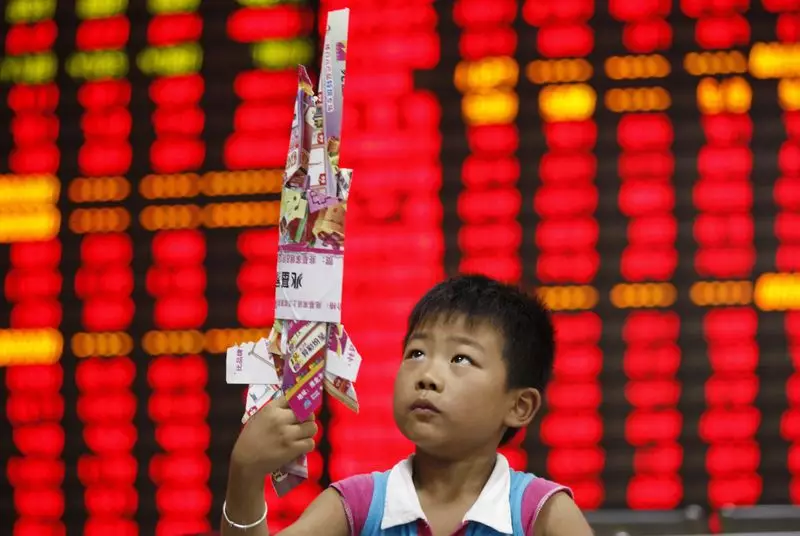The latest Asia Fund Manager Survey by Bank of America (BofA) reveals a noteworthy decline in investor confidence across the Asian markets. Conducted from January 10 to 16, 2025, this comprehensive survey included responses from 214 fund managers overseeing a significant $576 billion in assets. The survey highlights a complex interplay between external political factors, particularly the policies of Donald Trump’s administration, and the uneven economic landscape in China. As a result, investor sentiment has decidedly shifted, revealing a cautious stance toward Asian equities—a stark contrast to previous months of optimism.
The survey findings indicate a deteriorating economic outlook for the Asia-Pacific region (excluding Japan), with only 3% of the respondents anticipating an economic downturn over the next year. This marks the second-lowest growth sentiment in the past two years, emphasizing a notable shift in how fund managers perceive the region’s economic stability. Profit expectations among investors have also moderated significantly, realigning with historical averages after an initial surge in confidence. Additionally, concerns surrounding inflated valuations continue to loom over market participants, indicating that while optimism may have waned, fundamental risks within the region persist.
In what can only be classified as a striking collapse of optimism, only 10% of the surveyed investors foresee economic strengthening in China—plummeting from 61% in the previous survey. This dramatic reversal underscores growing frustrations with the Chinese market, where investor patience has been severely tested due to stagnating market gains. With bearish sentiment on Chinese equities reaching near-record highs, it’s clear that many investors are reluctant to increase their market exposure. Factors such as household cash hoarding and inconsistent policy responses have contributed to a climate of uncertainty, prompting a more conservative approach toward investments in one of the world’s largest economies.
Conversely, Japan emerged as a beacon of hope within the survey, with approximately 20% of respondents predicting double-digit returns for Japanese equities in 2025. This positive outlook is attributed to expectations of corporate earnings growth in a stable macroeconomic environment, allowing Japan to stand out amid regional doubts. While Japan’s market may seem like a refuge in these turbulent times, it also points to the specific sectors that have garnered investor interest. Notably, semiconductor stocks have taken precedence, followed closely by banks and consumer staples, while sectors such as real estate and materials lag behind.
The overarching theme of BofA’s survey emphasizes the cautious approach global investors are adopting, particularly in the face of uneven economic recoveries and persistent geopolitical uncertainties. The analysts advise that strategic positioning will be vital in navigating the approaching volatility. As the market landscape continues to change, fund managers must remain vigilant, carefully evaluating regions and sectors that may offer potential amidst general hesitancy. The evolving economic climate in Asia necessitates a refined investment strategy as stakeholders grapple with the intricate dynamics at play.

